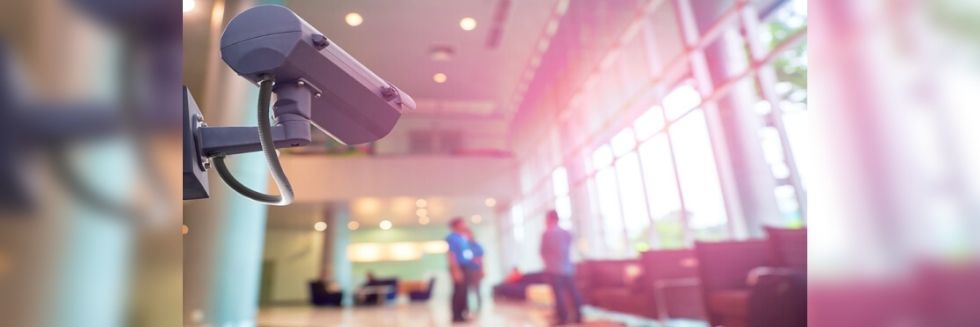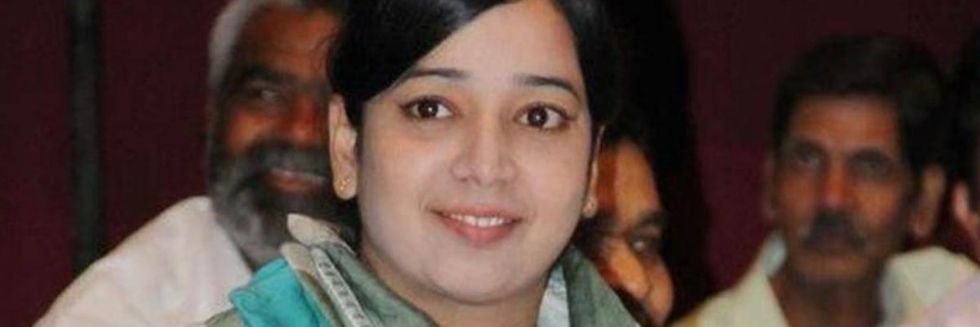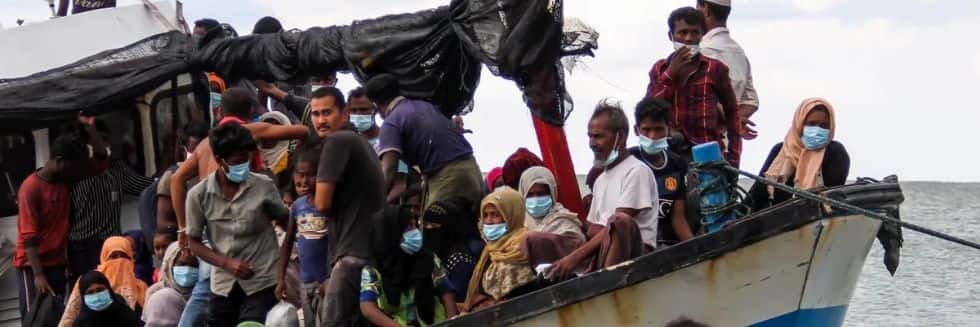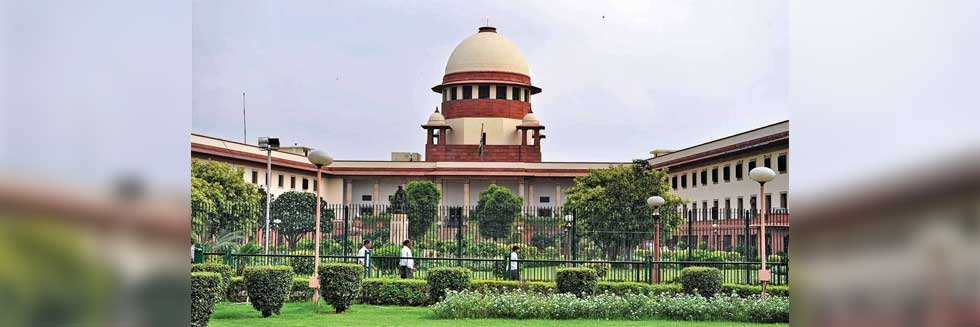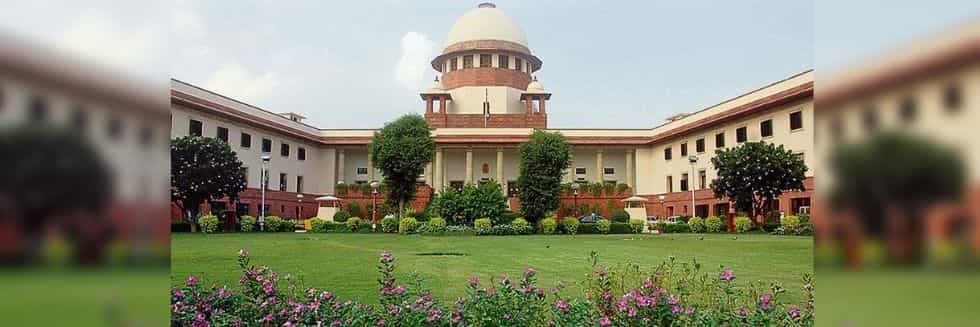Disagreeing with the recent judgment, the Madurai bench of Madras High Court has noted that the directions to install CCTV cameras in spas violates the fundamental right to privacy.
Justice GR Swaminathan observed that the right to privacy under Article 21 includes the right of an individual to avail means of relaxation, in this case, in a spa.
“The installation of CCTV equipment inside premises such as a spa would unquestionably infract upon a person’s bodily autonomy. These are inviolable spaces where the prying eye of the state simply cannot be allowed to enter,” said Justice Swaminathan.
The High Court bench also referred to the K.S. Puttaswamy vs Union of India judgment elaborates the different facets of the right to privacy guaranteed under Article 21. The facets elaborated in the judgment include
- Right to bodily autonomy,
- Right to informational privacy and
- Right to privacy of choice
The bench was hearing a plea filed by one Payel Biswas (owner of a spa in Tamil Nadu’s Trichy district) seeking “No Objection Certificate” from the police.
As per a 2018 gazette notification, It was made mandatory for all spa businesses to obtain a license. Subsequently, the petitioner had applied for the license but no action was taken on his appeal.
Then, he filed a writ petition seeking directions to the Trichy police to issue a “No Objection Certificate” and also restrain the police from interfering with the working of spas on the basis of court orders.
The High Court bench was also apprised by government counsel that on December 12, 2020, Justice S M Subramaniam directed to install CCTV cameras in all spas, massage, and therapy centres, across Tamil Nadu to prevent illegal activities. The single-judge bench had also allowed police to take action if there is a complaint.
Justice Swaminathan found that the order passed by Justice Subramaniam was contrary to the Supreme Court’s directions on privacy.
“In my humblest opinion, and I say this with the greatest of respect to my revered brother Judge, the judgment in C.P Girija v. The Superintendent of Police and Others appears to run counter to the law laid down by the 9-judge bench judgment of the Hon’ble Supreme Court,” said the bench.
Justice Swaminathan tried to contemplate whether such an order can be recalled and referred to a larger Bench. The bench also referred to the law laid down by the Supreme Court which stated that a coordinate Bench cannot take a contrary view and can only refer the matter for consideration by a larger Bench.
In the order, it was stated that the restrictions on fundamental rights, though permissible, fell under the domain of the legislature or the executive and could not be curtailed by judicial measures, except by the Supreme Court.
“A decision to install a CCTV camera which has a bearing on a person’s privacy requires the most careful of considerations—it requires the government to apply its mind prudently and determine what manner of regulations ought to be put in place for its proper use,” the order said.
The court noted that the right to relax can be exercised in many forms. “The suspicion of immoral activities taking place in massage centres cannot be reason enough to intrude into an individual’s right to relax for it intrinsically is part and parcel of his fundamental right to privacy,” the court said.
Justice Swaminathan also cited the Supreme Court observations in the Navtej Singh Johar vs Union of India case wherein it was held that in matters of one’s private affairs, constitutional morality shall trump public morality.
He further added that the time had come to look beyond viewing privacy as an individual right.
The court has directed the police to consider the petitioner’s representation and dispose of the same after examining its merits within 4 weeks.
